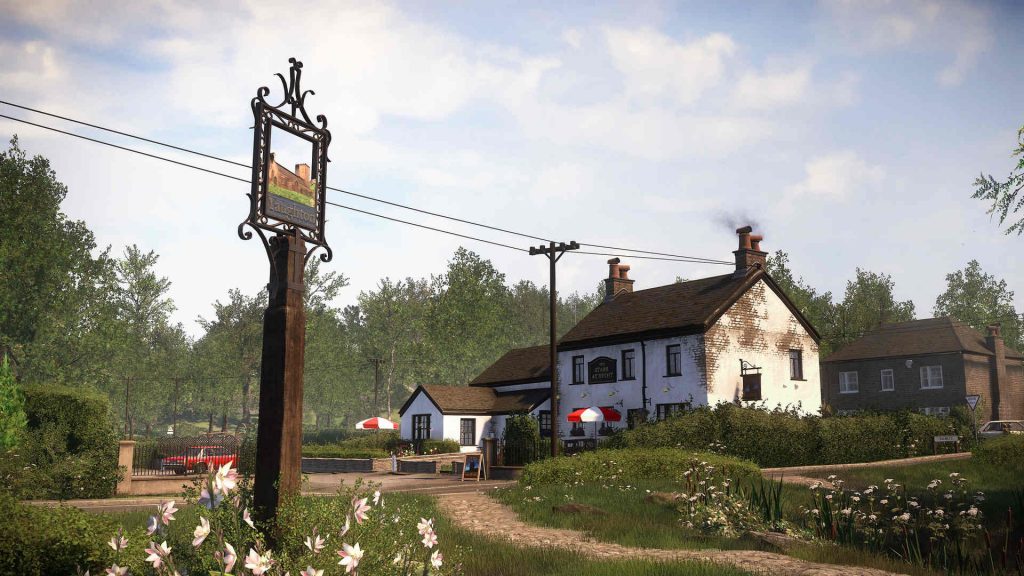Video Gamer is reader-supported. When you buy through links on our site, we may earn an affiliate commission. Prices subject to change. Learn more
The Chinese Room, developer of Everybody’s Gone to the Rapture and Dear Esther, has announced in a lengthy interview with Eurogamer, and subsequent follow on blog post, that it’ll be going dark for a few months. There were a number of factors related to this decision such as financial pressures, trying to keep the lights on for employees, and health issues. So it’s decided to take a break, recharge, and think about its future. It also said that it’s done with walking simulators, saying that it wanted something ‘more traditional and ambitious’.
The Chinese Room’s co-founders are the studio director Dan Pinchbeck and award winning composer Jessica Curry (who also happen to be a married couple). Pinchbeck wrote in a blog post about the ups and downs of being a small developer, and the effects the experience had on his own health, and both his and Curry’s creativity.
The studio laid off the entirety of its team in late July, following the completion of its latest game, So Let Us Melt, but until now hadn’t discussed the studio closing. Pinchbeck also wanted to clarify that The Chinese Room isn’t closing for good, and its current state is ‘just a pause’. But he’s certain that it’s done with walking sims, saying that, ‘We wanted to do something more complex, more involved and bigger scale. And that takes a long time to negotiate.’
Pinchbeck explained that from a business point of view it didn’t make sense to maintain a team, saying that, ‘You’re chewing through £35 – 40,000 a month, which is pretty hefty. Your running costs are very high…’ For an indie developer these overheads aren’t an inconsiderable amount, and The Chinese Room is often working on a per-project basis, so having a team sitting about between projects eats further into its capital.
For now, the directors of The Chinese Room are taking some time to focus on being ‘creatives, and not managing directors’. Pinchbeck said that, ‘this break is a chance to reconnect with all of that, and we figure we’ve earned that time.’
